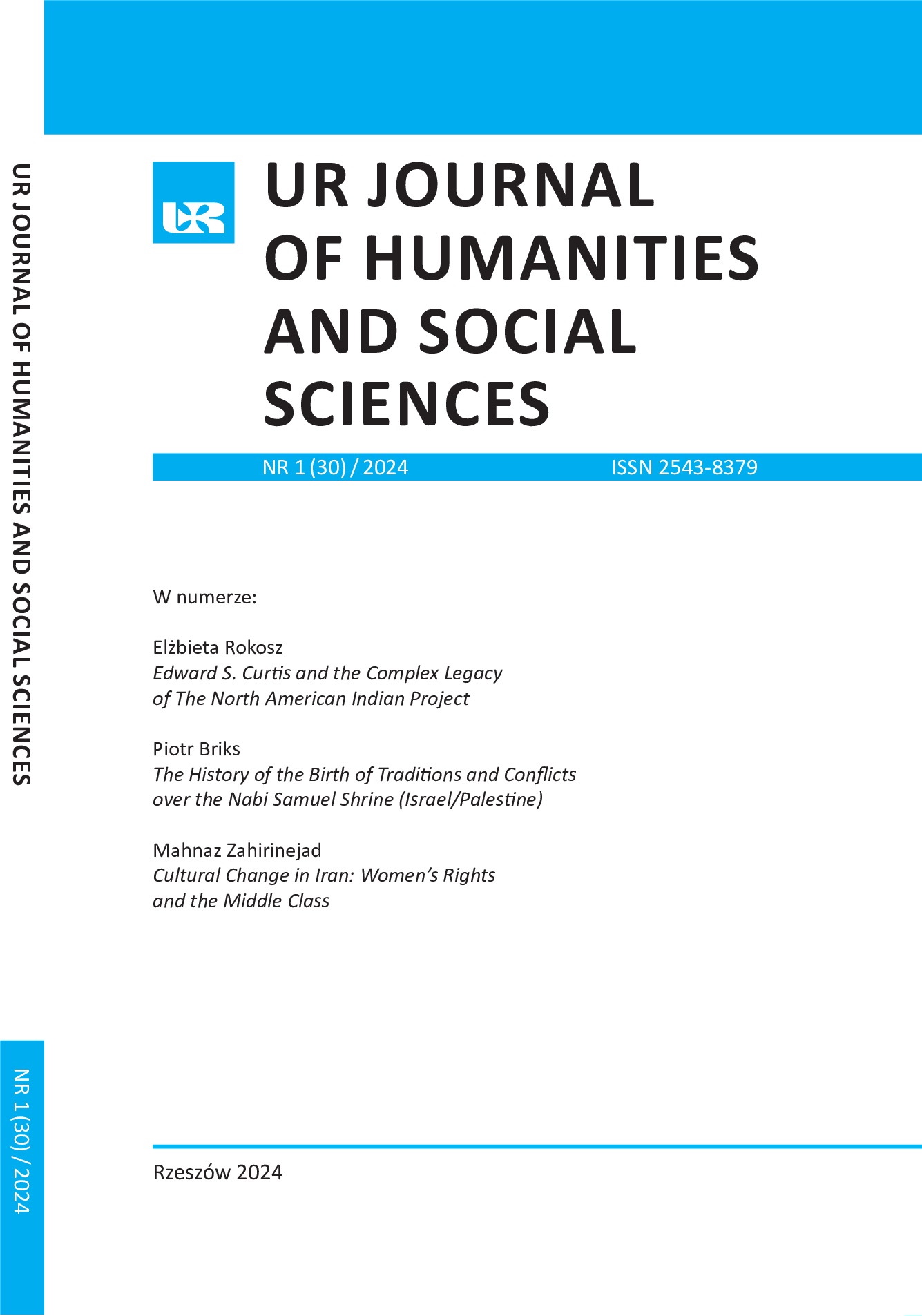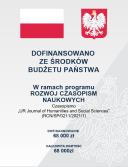Ideological foundations of ecclesiastical authority and secular authority in the thought of Gregory VII - analysis of selected excerpts from the papal register
DOI:
https://doi.org/10.15584/johass.2024.1.1Keywords:
papacy, Gregory VII, clerical authority, secular authority, Church, Gregorian reformAbstract
The 11th century was a turning point in the history of the Latin Church. The internal need for reform and a moral renewal led to many changes in church structures and hierarchies. Due to the fact that the main force that carried out the reforms in the Church was the papacy, and its associated clergy , its position in relation to other bishoprics was significantly strengthened. Despite the fact that the period of religious reform and the growing importance of the Holy See lasted from the pontificate of Leo IX, Gregory VII is recognized as the most outstanding figure of that time in the history of the Church. It was after him that this time of changes in the Church was named the "Gregorian reform". Thanks to the fortunate survival of the register of Gregory VII, his views on the question of the ideological foundations of the spiritual and secular power are accessible even today. The most enlightening source is the note Dictatus pape, which is complemented by selected letters from Gregory VII addressed to secular monarchs. Gregory’s views on the nature of the authority of the bishop of Rome can be considered radical - he saw it to be the supreme power not only over the entire clergy but also over secular rulers.
Downloads
Downloads
Published
How to Cite
Issue
Section
License
Copyright (c) 2024 Wydawnictwo Uniwersytetu Rzeszowskiego

This work is licensed under a Creative Commons Attribution-NonCommercial 4.0 International License.



